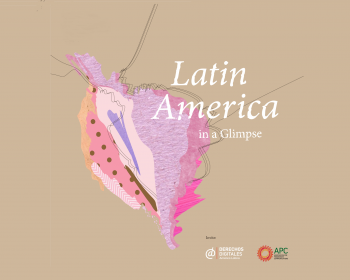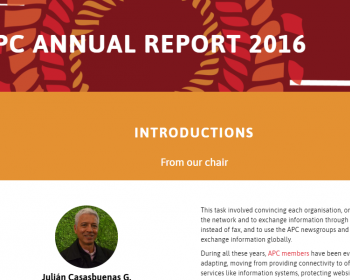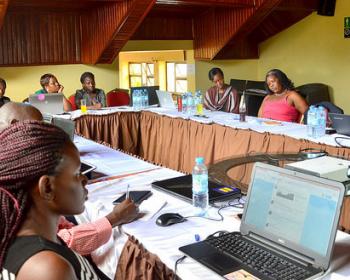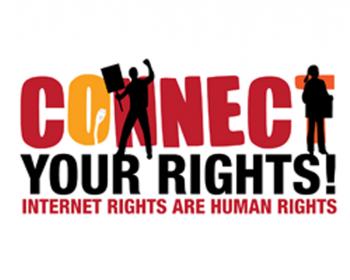Swedish International Development Cooperation Agency (Sida)
Sida is a government agency working on behalf of the Swedish parliament and government, with the mission to reduce poverty in the world. Through their work and in cooperation with others, they contribute to implementing Sweden’s Policy for Global Development (PGU). They carry out enhanced development cooperation with a total of 35 countries in Africa, Asia, Europe and Latin America. The selection of cooperation countries are based on political decisions made by the Swedish government.
Work supported:
-
Core funding for APC Strategic Plan (2020-2023)
-
Core funding for APC Strategic Plan (2016-2019)
-
Core funding for APC Strategic Plan (2013-2016)
-
Global Information Society Watch (2008-2011)
-
Internet Rights Are Human Rights (2010-2012)
-
Placement of trainee staff through Bilateral Associate Expert Training Programme (2010-2011)
-
Study of Effects and Possibilities of ICT for Enhancement of Democracy with a Focus on Empowerment in East Africa (2008-2009)
In this fourth edition of Latin America in a Glimpse, Derechos Digitales followed a global trend by seeking to understand the intricate link between gender and technology, and the responses that, from that part of the world, different groups of women have given to this complex, problematic and difficult relationship.
This report is aimed at providing empirical data that can drive advocacy for greater access to the internet for female schools and generally support advocacy for gender digital inclusion.
This submission draws on the work done by APC for more than a decade to render visible the impact of online gender-based violence (GBV) on women’s rights, and its experience working with partners in the global South to understand, respond to and prevent online GBV.
The actions captured in this report reflect the energy, diversity and growth of the APC network. New members AlterMundi, from Argentina, Point of View, from India, Rhizomatica, from Mexico, Social Media Exchange (SMEX), from Lebanon, and Zenzeleni Networks, from South Africa, have added to the richness of the APC community and the breadth of our reach.
Through the Local Action to Secure Internet Rights project, APC will facilitate national initiatives and support human rights campaigns in ten countries across the globe where opportunity, capacity and momentum already exist.
Everyone has rights, including online. APC is documenting trends, lobbying for freedom of expression and to info in international forums and training human rights activists to use the internet securely.
Global Information Society Watch (GISWatch) is an annual report co-produced by the APC network and partners, which looks at the progress being made in creating an inclusive information society worldwide (particularly in implementing WSIS goals), encourages critical debate, and strengthens networking and advocacy for a just, inclusive information society.

Association for Progressive Communications (APC) 2022
Unless otherwise stated, content on the APC website is licensed under Creative Commons Attribution 4.0 International (CC BY 4.0)








